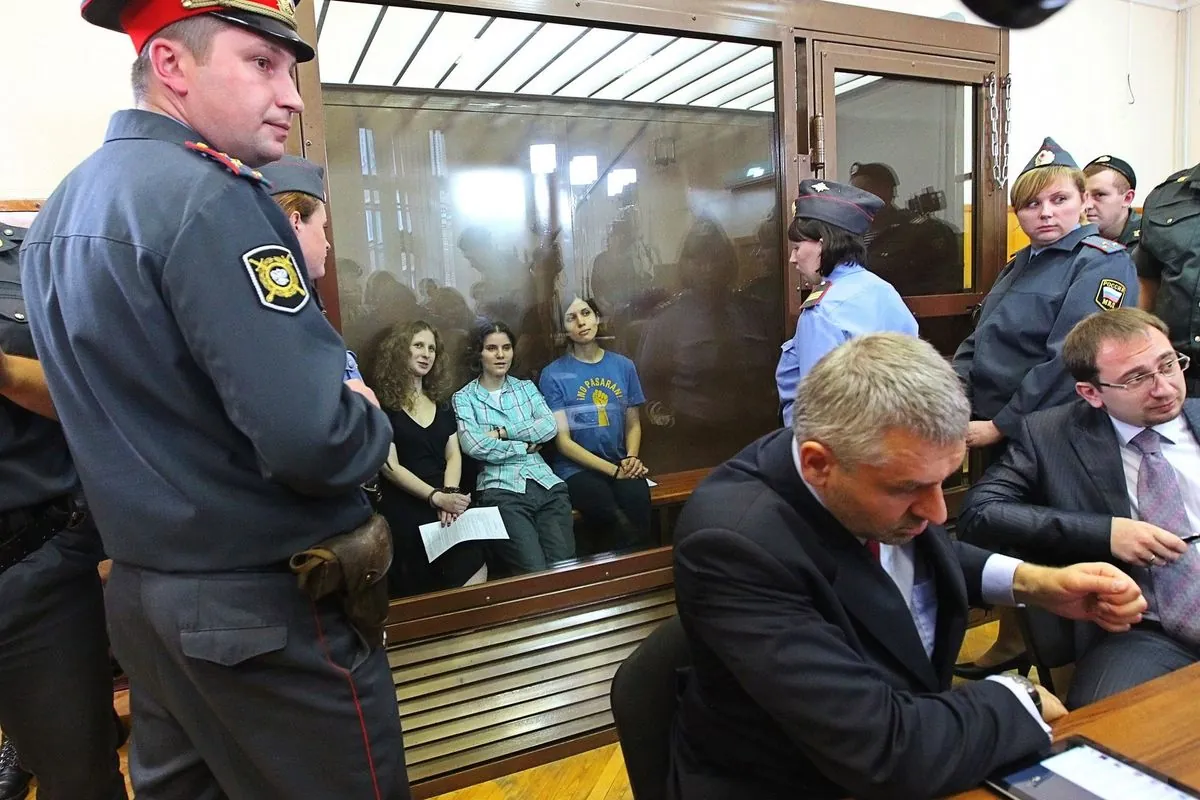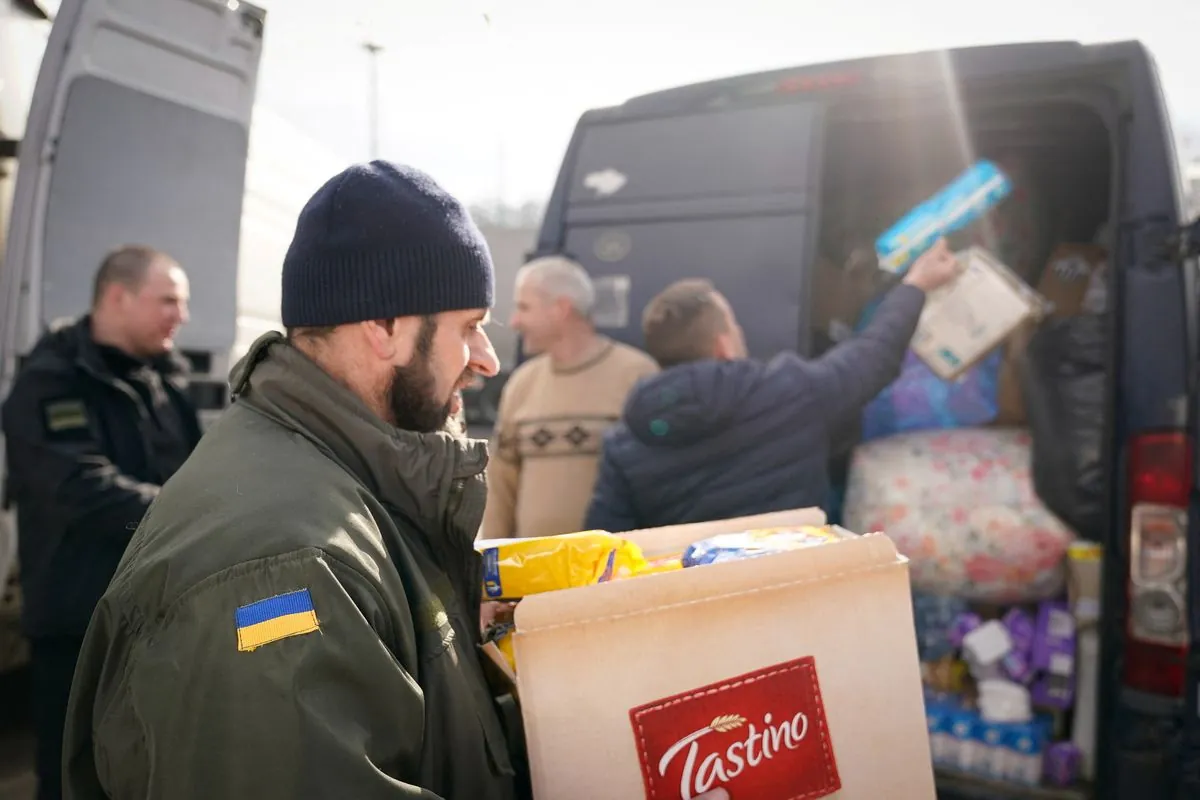Russian-American Sentenced to 12 Years for $51 Charity Donation
A Russian-American woman received a 12-year prison sentence in Russia for donating $51 to a Ukrainian charity. The case highlights tensions between Russia and the West amid ongoing conflict.

Ksenia Karelina, a Russian-American resident of Los Angeles, has been sentenced to 12 years in prison by a Russian court on charges of treason. The verdict, delivered on August 15, 2024, stems from a $51.80 donation made to a Ukrainian charity on February 24, 2022, coinciding with the start of Russia's invasion of Ukraine.
The trial took place in Yekaterinburg, Russia's fourth-largest city, known for its historical significance and industrial prowess. The proceedings were conducted behind closed doors, a practice that has drawn criticism from international human rights organizations. The same court previously convicted Wall Street Journal reporter Evan Gershkovich on espionage charges in July 2024.
According to the court, the funds donated by Karelina were allegedly used to purchase tactical medical supplies and military equipment for Ukrainian forces. However, supporters of Karelina maintain that the donation was intended for Razom for Ukraine, a New York-based charity focused on providing humanitarian aid to children and elderly individuals in Ukraine. Razom for Ukraine, established in 2014 following Ukraine's Revolution of Dignity, has denied any involvement in military support for Kyiv.

The case has highlighted the complexities of dual citizenship, which Russia has recognized since 2014. Karelina, born in Russia, emigrated to the United States in 2012 and obtained American citizenship in 2021. Her arrest by the Federal Security Service (FSB), Russia's principal security agency, occurred in early 2024 during a family visit to Yekaterinburg.
The severity of the sentence has raised concerns, considering that treason charges in Russia can carry a maximum penalty of 20 years. This case underscores the heightened tensions between Russia and the West, exacerbated by the ongoing conflict in Ukraine, which the United Nations has condemned as a violation of international law.
"We hope for her inclusion in a future prisoner exchange."
The possibility of a prisoner exchange remains a point of interest, especially following a recent swap between Russia and the West that did not include Karelina. Such exchanges, which gained prominence during the Cold War, continue to play a role in diplomatic relations between the two nations.
This case serves as a stark reminder of the U.S. State Department's advisory against travel to Russia due to the risk of detention. It also reflects the broader impact of international sanctions on Russia and the volatility of the Russian ruble since the invasion began.
As the situation unfolds, it continues to draw attention to the complex geopolitical landscape and the personal toll of international conflicts on individuals caught between nations.


































